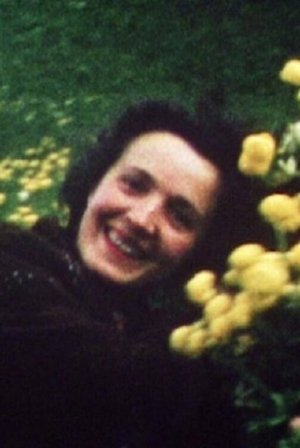

Trails Across the Steppe(2014)

Movie: Trails Across the Steppe

Trails Across the Steppe
HomePage
Overview
Release Date
2014-05-09
Average
0
Rating:
0.0 startsTagline
Genres
Languages:
DeutschKeywords
Similar Movies
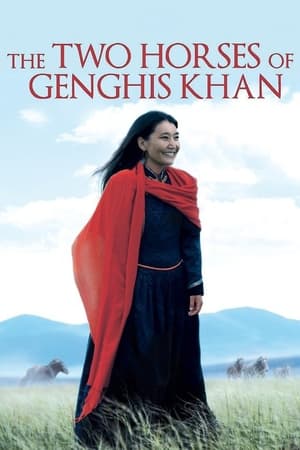 6.8
6.8The Two Horses of Genghis Khan(de)
An old, broken morin khurr (horse head fiddle) compels renowned Mongolian singer Urna Chahar Tugchi to take a road journey to Ulan Bator and the steppes of Mongolia.
 7.5
7.5Eastern Memories(fi)
At the turn of the 19th and 20th century Finnish philologist G. J. Ramstedt travelled around Mongolia and Central-Asia. In this documentary Ramstedt’s memoirs are heard in the modern day setting, where tradition is replaced with hunger for money, and deserts give way to cities.
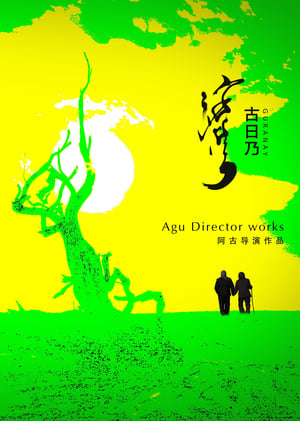 0.0
0.0Guranay(zh)
This film is a realistic record of a sixty-year-old couple living in a remote village (Gurenay) in the Badain Jaran Desert of Alashan, Inner Mongolia plant thousands of mu of ammodendron and euphratica to fight against expanding deserts.
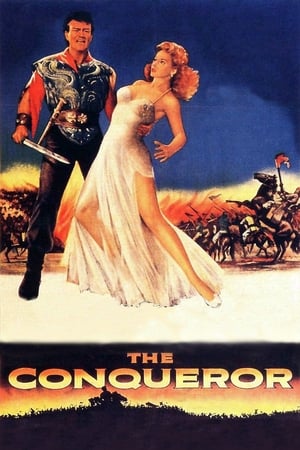 3.4
3.4The Conqueror(en)
Mongol chief Temujin battles against Tartar armies and for the love of the Tartar princess Bortai. Temujin becomes the emperor Genghis Khan.
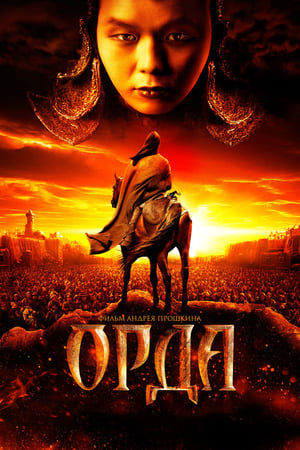 5.8
5.8The Horde(ru)
It is the word "horde" that had meant, for many countries and nations, bloody raids and being under humilating contribution for centuries - a strange and scary world with its own rules and customs. To be or not to be for Rus (Ruthenia), that is the price of the one-man mission as he is departing to this world to accomplish a feat. The film tells the story of how Saint Alexius, the Metropolitan of Moscow and Wonderworker of All Russia, healed the Tatar Queen Taidula, Jani-Beg's mother, from blindness, in 1357.
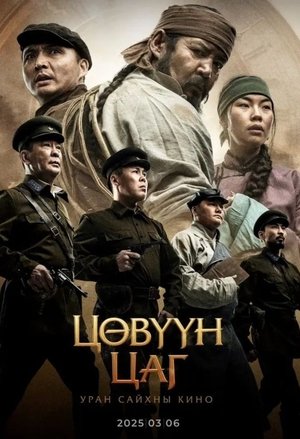 8.0
8.0Time of Hurtle(mn)
In 1911, Bogd Khan, with the help of his trusted spy Natsag, declares Mongolia’s independence. However, by 1928, the rise of the Comintern introduces a new threat. Under the guise of eliminating Baruuntan influence, the Comintern forces its control over Mongolia, shutting down religious monasteries and seizing private property. Riots erupt, forcing many to flee as the country descends into chaos. Natsag’s family, once secure, is swept into this storm, facing a personal and political unraveling as Mongolia enters its dark time.
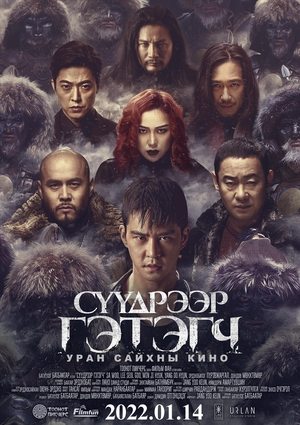 0.0
0.0Shadow Creeper(mn)
Erick Ju, who is wanted internationally as a serious criminal, goes missing after undergoing a face-changing operation and using black magic to wipe his memories. Erick Ju and investigative journalist Heon Bin both find themselves in Ulaanbaatar. Not only does Heon Bin become a witness to a mysterious case, he also experiences unbelievable things in the underworld.
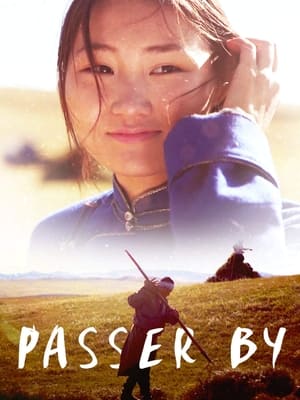 8.0
8.0Passer By(en)
Sukhee is a man returning to his homeland in rural Mongolia after his father has passed away. During his two weeks there he catches up with his brother, Sainaa, as well as a woman he's known from childhood, Ariunaa.
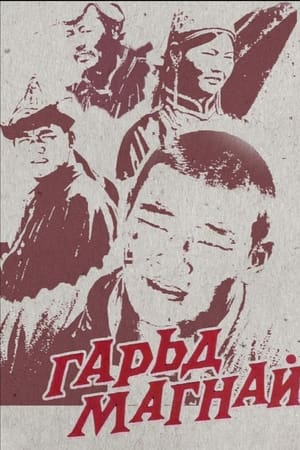 6.8
6.8The Leading Wrestler Garuda(mn)
Set in 1910's, shows the life of a young wrestler named Dalaitseren.
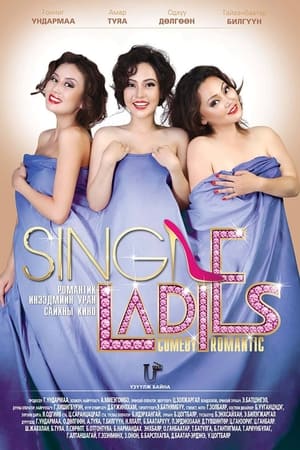 0.0
0.0Single Ladies 1(en)
Three different generations women try to settle their lives while looking for a guy who's right for each one of them.
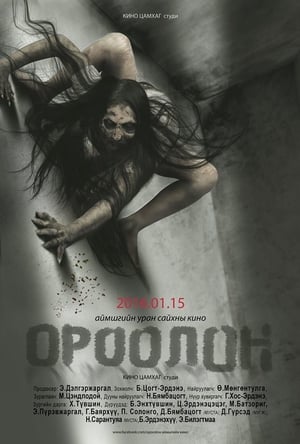 4.5
4.5The Demon(mn)
The joys of the youth gather together for the New Year's Eve will lead to unimaginable circulation, interesting events and terrible events.
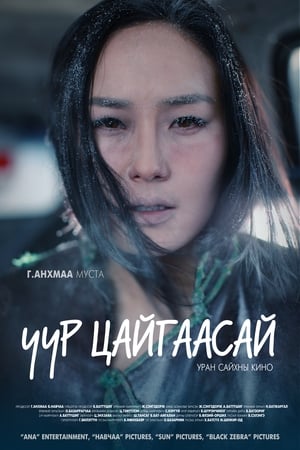 0.0
0.0In the Dawn(mn)
A recently widowed affluent woman, Undral, faces an inevitable challenge when she must bring her late husband's former wife to the city from the countryside.
 0.0
0.0Alvaro Cunhal(pt)
A personal biography of the leader of the PCP (Portuguese Communist Party) seen through the eyes of those who were close to him and those who studied his trajectory and thought.
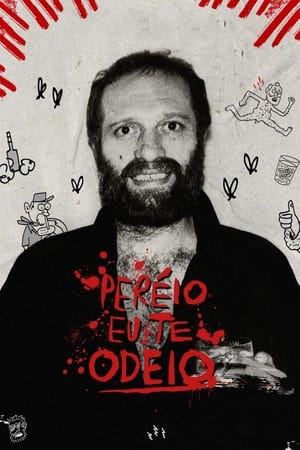 8.0
8.0Peréio, Eu Te Odeio!(pt)
23 years in the making, “Pereio, Eu Te Odeio!” is a documentary on legendary Brazilian actor Paulo Cesar Pereio, an irreverent and controversial artist and public figure, as told by the testimonies of friends, family, and society members who hate him.
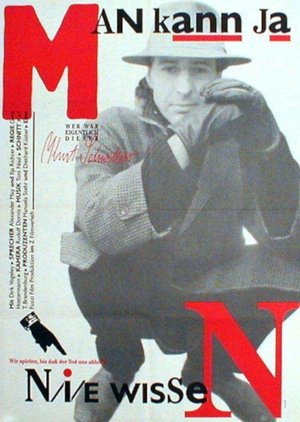 0.0
0.0Mann kann ja nie wissen(de)
A documentary-feature film mix detailing the life of famous German dadaist Kurt Schwitters.
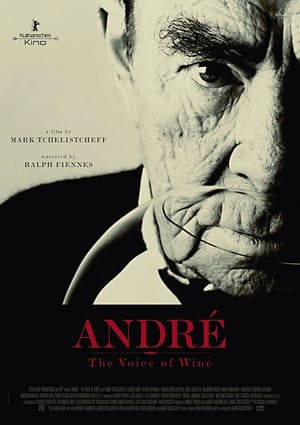 6.0
6.0André: The Voice of Wine(en)
André - The Voice of Wine takes us on a cinematic journey from Russia through Europe to America as we embrace the story of André Tchelistcheff, who devoted his life to the ancient craft of winemaking. André was a Russian aristocrat who spent his early years working and studying all around Europe before going to Napa Valley, California, where his life was filled with both tragedy and success as he helped to move the Californian wine industry from a virtually moribund state after the repeal of Prohibition. He had a direct impact on the 1976 Paris blind tasting, known as the ‘Judgement of Paris’, staged by Steven Spurrier which turned the world of wine upside down. André was not a businessman, but an artist and scientist whose heart and soul were devoted to wine. His philosophy about life and his love for wine continues to influence generations of wine makers throughout the world.
 5.7
5.7Who was Hitler(de)
Hitler's biography told like never before. Besides brief historical localizations by a narrator, only contemporaries and Hitler himself speak: no interviews, no reenactment, no illustrative graphics and no technical gadgets. The testimonies from diaries, letters, speeches and autobiographies are assembled with new, often unpublished archive material. Hitler's life and work are thus reflected in a unique way in interaction with the image of the society in the years 1889 to 1945.
